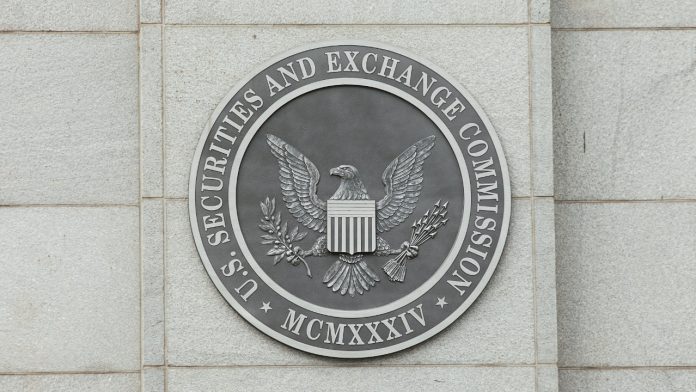Switzerland’s largest bank, UBS, has suggested some investment strategies for investors seeking to gain exposure to crypto-assets with less risk than investing directly in bitcoin, ether, or other cryptocurrencies. “There are several main ways investors can access this potential while avoiding the high volatility and regulatory risks of holding bitcoin or rival cryptos,” the UBS analysts explained.
The UBS Global Wealth Management team published a research note last week on alternative investments to directly holding cryptocurrencies.
The bank’s analysts, led by UBS Chief Investment Officer Mark Haefele, explained that “direct exposure to cryptos is highly speculative.” They believe that bitcoin’s recent fall from a record high in November last year “has undermined two of the most common defenses of the asset class.”
The UBS report details: “The first is that it provides an effective form of diversification from traditional financial assets, such as equities … Second, it is getting harder to see cryptos as a form of ‘digital gold’ that provides protection against elevated inflation.”
While maintaining that direct exposure to crypto-assets is highly speculative, the UBS analysts emphasized that “it does not mean that the technology underlying digital assets holds no promise for investors.” They described:
We see a range of possible applications — from financial services and healthcare to luxury goods — leading to a potential USD 1 trillion boost to global GDP over this decade.
“There are several main ways investors can access this potential while avoiding the high volatility and regulatory risks of holding bitcoin or rival cryptos,” the UBS analysts continued.
The first strategy the analysts suggested is to invest in companies that build the necessary infrastructure for the crypto ecosystem, citing that they are likely to benefit from the more widespread use of distributed ledger technology (DLT) applications.
The UBS analysts explained: “The growth of DLT applications will require more hardware to validate the activities on the network, including application-specific integrated circuits (ASICs), application processors, and graphics processing units (GPUs). Other enablers include software makers and data center-related companies that help build the overall infrastructure.”
Secondly, the UBS analysts noted:
An even bigger opportunity, in our view, sits with the platform companies that can embrace DLT-based applications.
“As the technology is increasingly used over the next 5–10 years, we see opportunities from the introduction of new product services and categories, possible savings from the use of technology, potentially lower prices, and an overall improvement in business efficiency,” they detailed.
“These companies span different industries like internet, fintech, software, IT services, consumer services, and insurance, and can wield digital asset technology to offer a breadth of services like payments, trade finance, custodianship, supply chain management, automation, and consulting,” the UBS report concludes.
In January, UBS warned of a crypto winter amid expectations of Fed rate hikes and regulation. Widespread cryptocurrency speculation “inevitably invites closer oversight to guard consumers” and “protect financial stability,” the analysts warned.









